[et_pb_section bb_built=”1″][et_pb_row][et_pb_column type=”4_4″][et_pb_text _builder_version=”3.5.1″]

Time management is an incredibly worthwhile endeavor. In today’s world of constant distraction, managing time wisely is essential for people who want to be deeply productive.
And yet, constantly chasing productivity through time management can be stressful. For so many of us perfectionist PTs, time management can become an endless quest that’s filled with self-criticism and takes us to exhaustion. Time mastery, and the search for better ways to work are important. But this quest, like any other, needs balance and self-compassion.
Are you one of those many high-achieving folks who push yourself hard when it comes to managing your time? It’s time to learn the power of giving yourself a break.
A realistic and sustainable approach to time management allows you to make actual improvements that also help you FEEL better, and DO better work. The same applies to your practice teams, and to collective time management with your staff.
Know the limits of productivity
Managing time is really about managing our productivity—what we do within our time. When we’re focused, we can do a lot. I’ve talked about how my favorite time management technique can lead to greater productivity and other important benefits for practice owners. But endlessly chasing productivity can become exhausting and demoralizing. In the end, it’s often counterproductive. Know when to say when. Do this for yourself, and extend the same recognition of the limits of productivity to your clinical and administrative staff.
Forget one size fits all
Not every time management approach works for every person, or in every situation. Be flexible and willing to try different techniques to find right ones for you. Batching or chunking hours often works very well for practice owners who are being stretched too thin. So can the 80-20 rule. When I’m circling around a task that I feel reluctant to dive into, I set a timer for 20 minutes and commit to working for that long. After 20 minutes of deep work, I almost always find I’ve neutralized my procrastination.
Recognize that not all tasks have the same value for you or deserve the same amount of your time. Some, or even a lot, of the tasks on your plate may not even belong there at all! Separate yourself from these low-energy activities by effective delegating and focus on the work that is most important and delivers the highest return on investment of your time.
Take breaks
One of the biggest mistakes I see? Practice owners people constantly overscheduling themselves. Delegating is part of the solution to this issue. But no matter what’s left on your plate, you still need time to rest and refresh. That means taking short breaks throughout the workday. It also means longer stretches of time away from work, for restorative time and a life outside your clinic. You’ll feel more energized about work when you return, and you’ll help yourself avoid burnout—which is much harder to come back from than a break.
Create a compassionate culture around productivity
Teams need to be productive. Results matter. Successful practices need to consistently track and measure performance. You deserve to know how productive your team is. But chasing tiny incremental gains at the top isn’t worth it. It’s likely to make everyone—you and your staff—miserable. It can depress motivation and enthusiasm for your mission. This approach can make it tough to keep good people on your team.
Once you have cultivated a productive team, celebrate that success and commit to giving your team the support they need to stay productive and committed to your practice vision. As a team, you can focus on what matters most: taking care of patients. Download my FREE guide, 3 Simple Things That Will Get You More Patients and Make You More Money Right Now, to get your team focused on the fundamental techniques that improve referrals, increase patient engagement, and make your practice more profitable.
[/et_pb_text][/et_pb_column][/et_pb_row][/et_pb_section]

